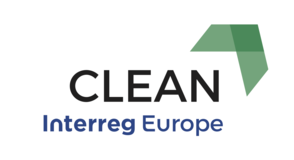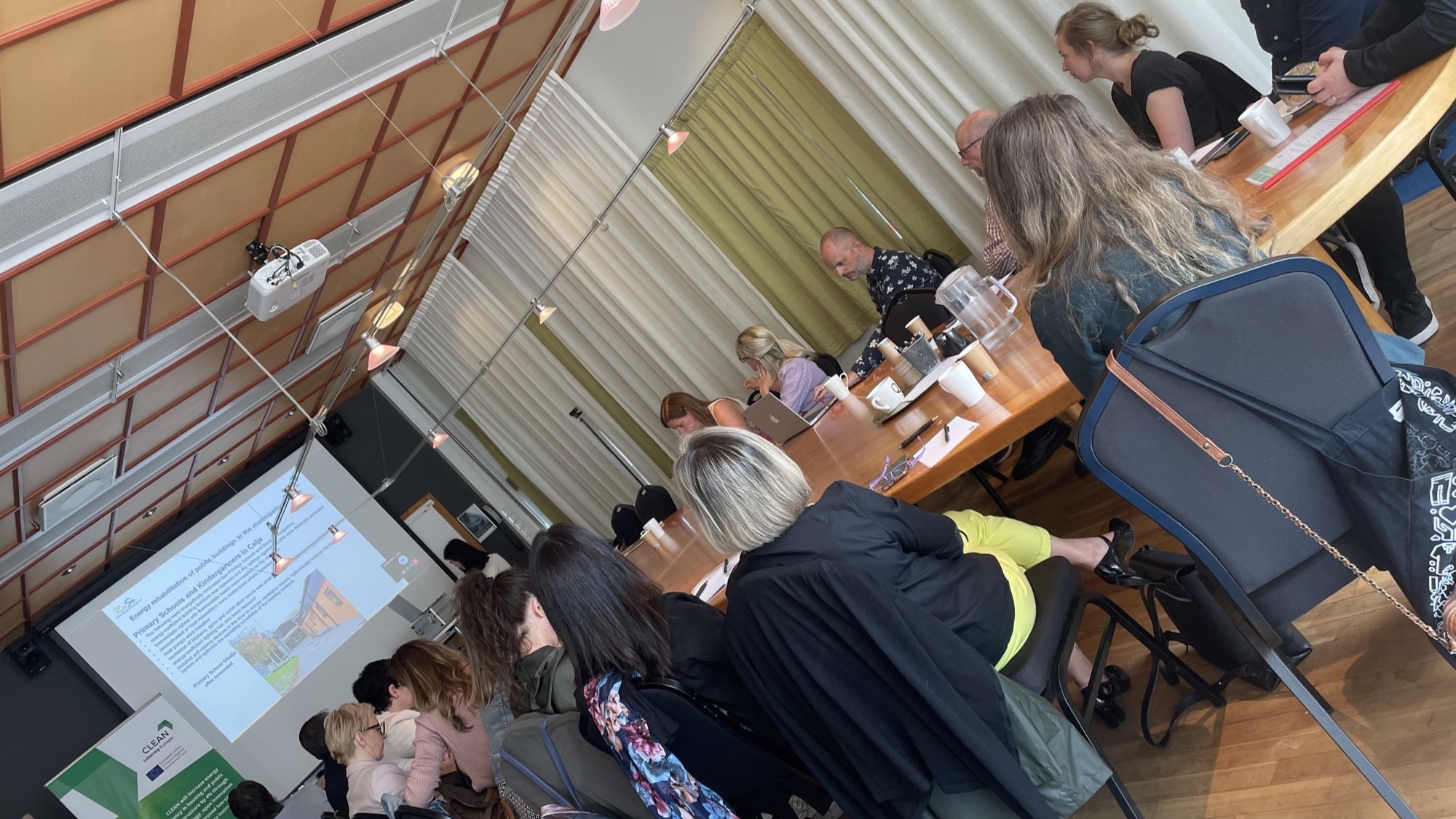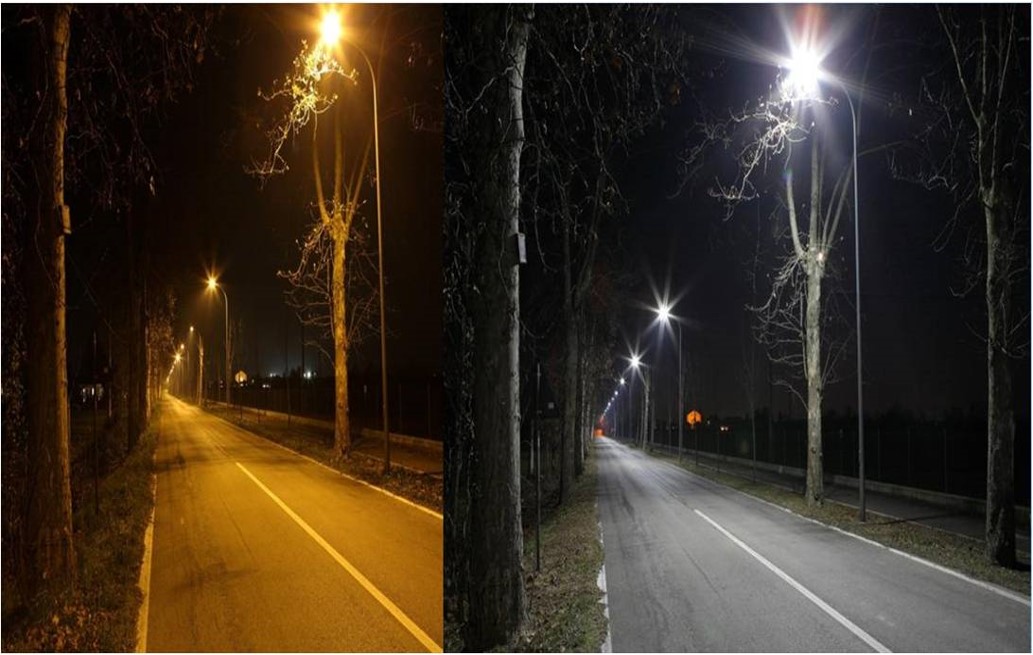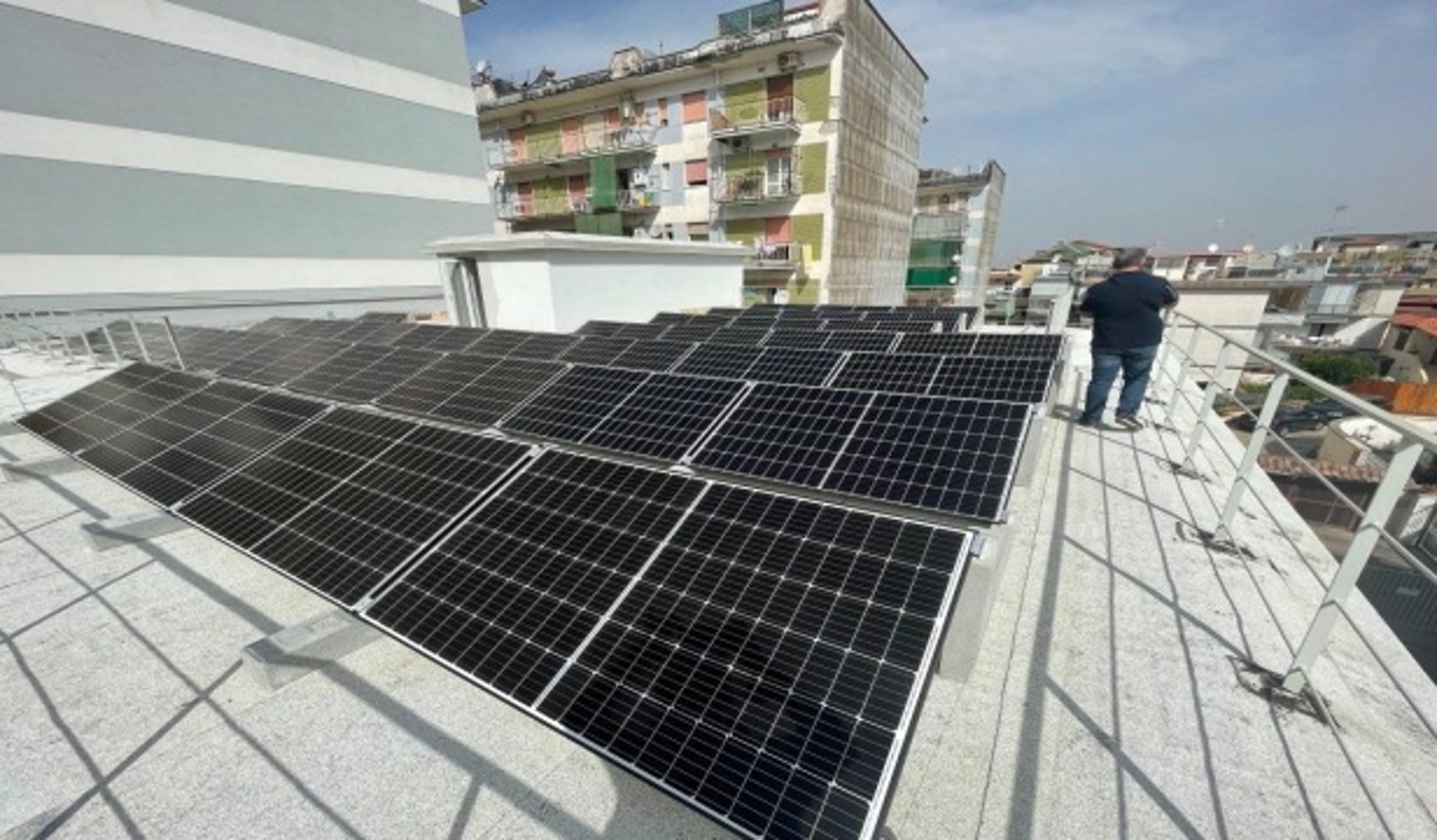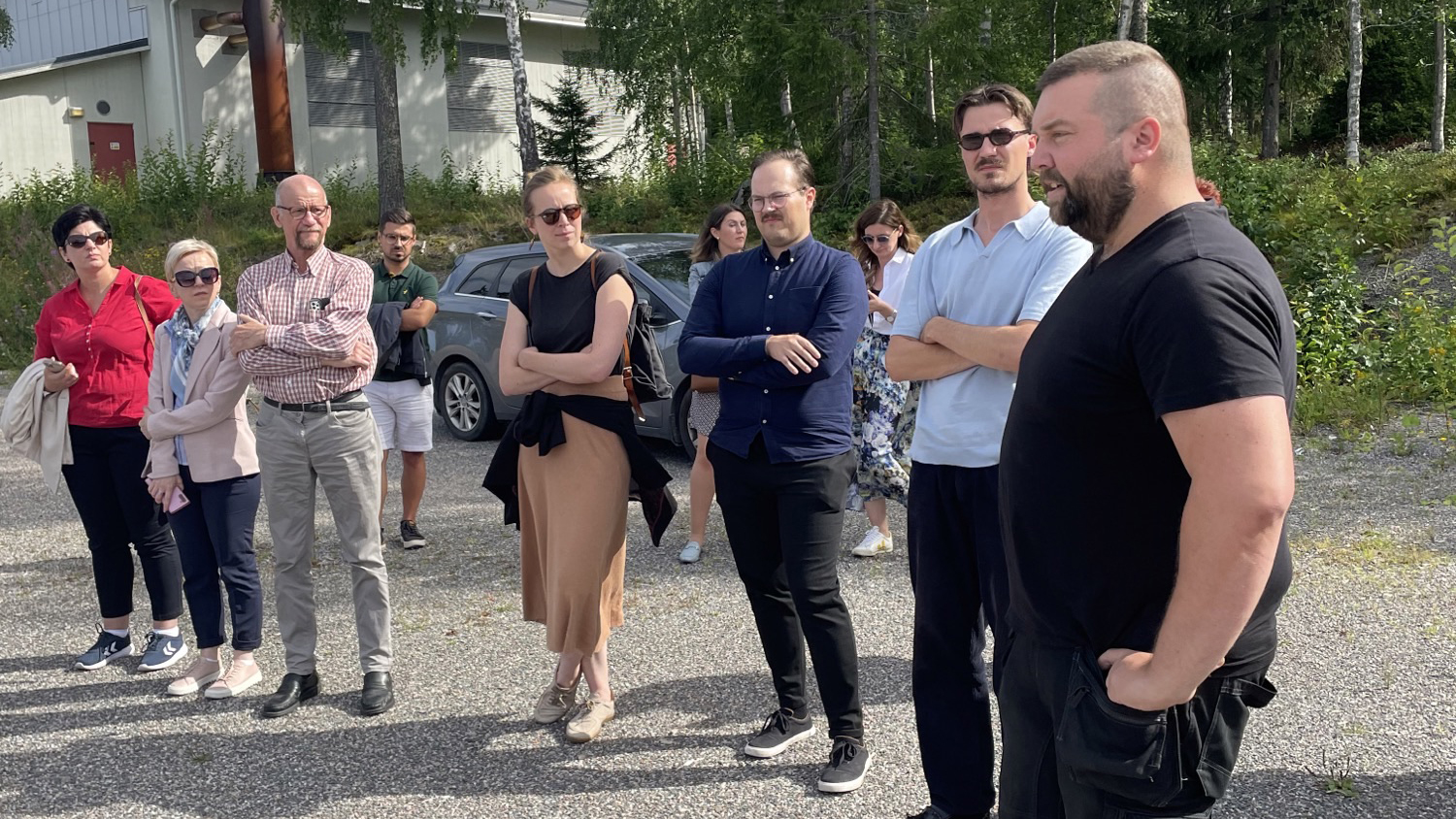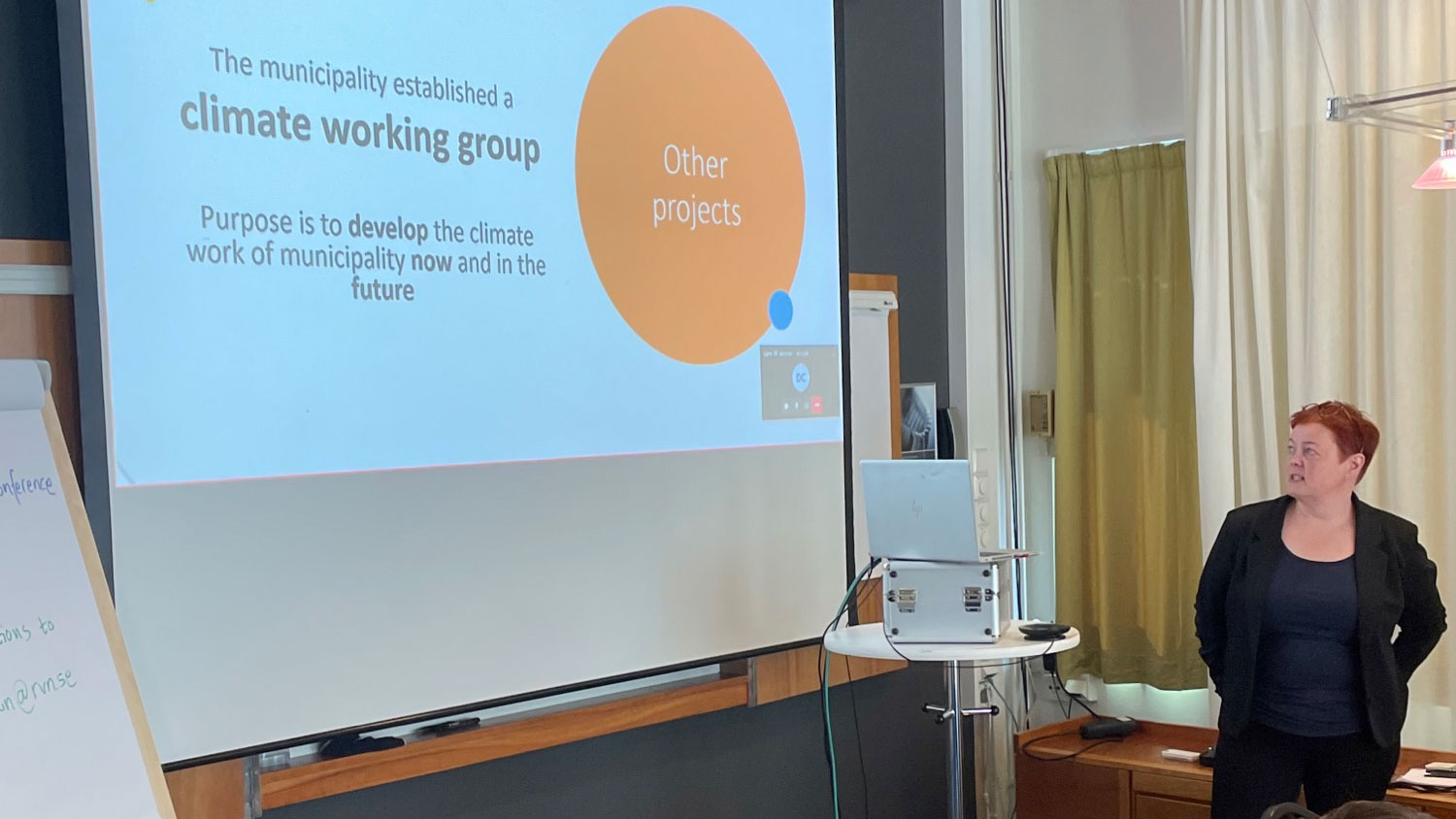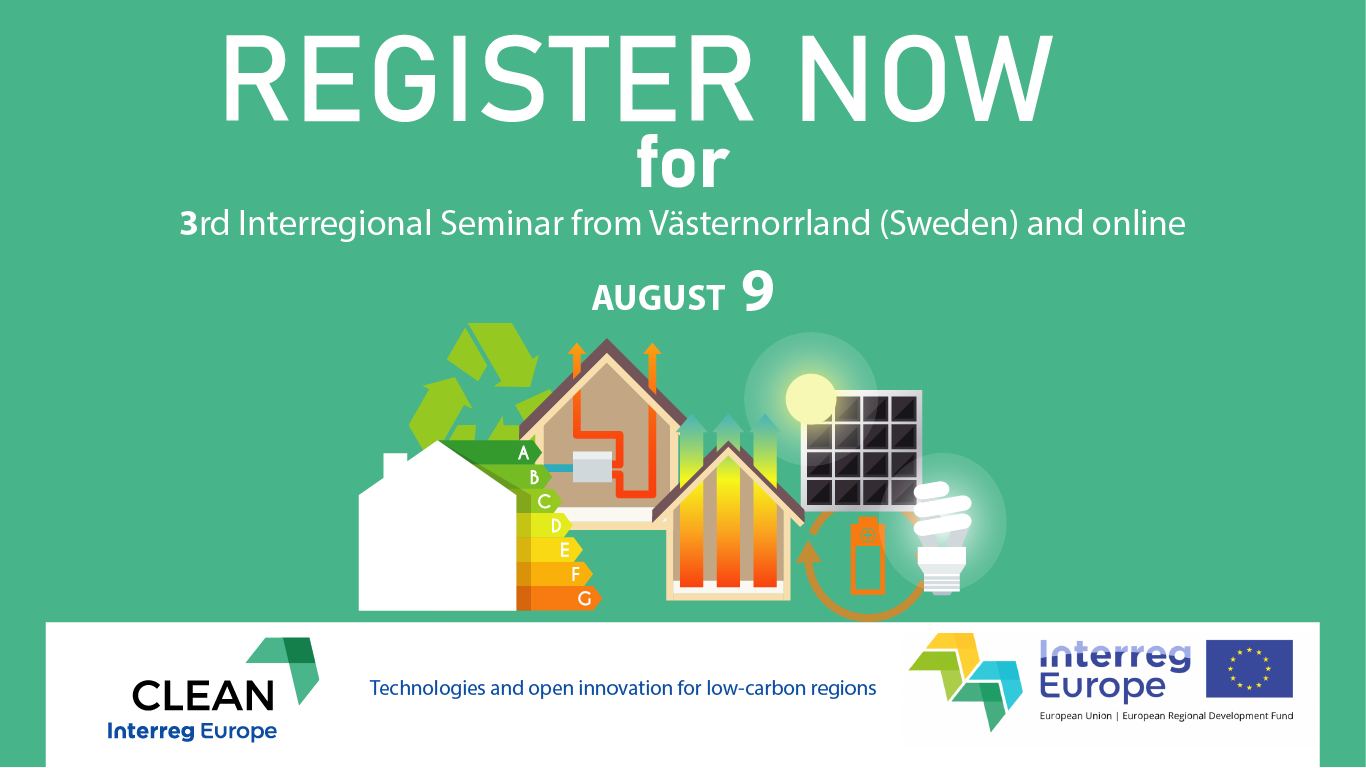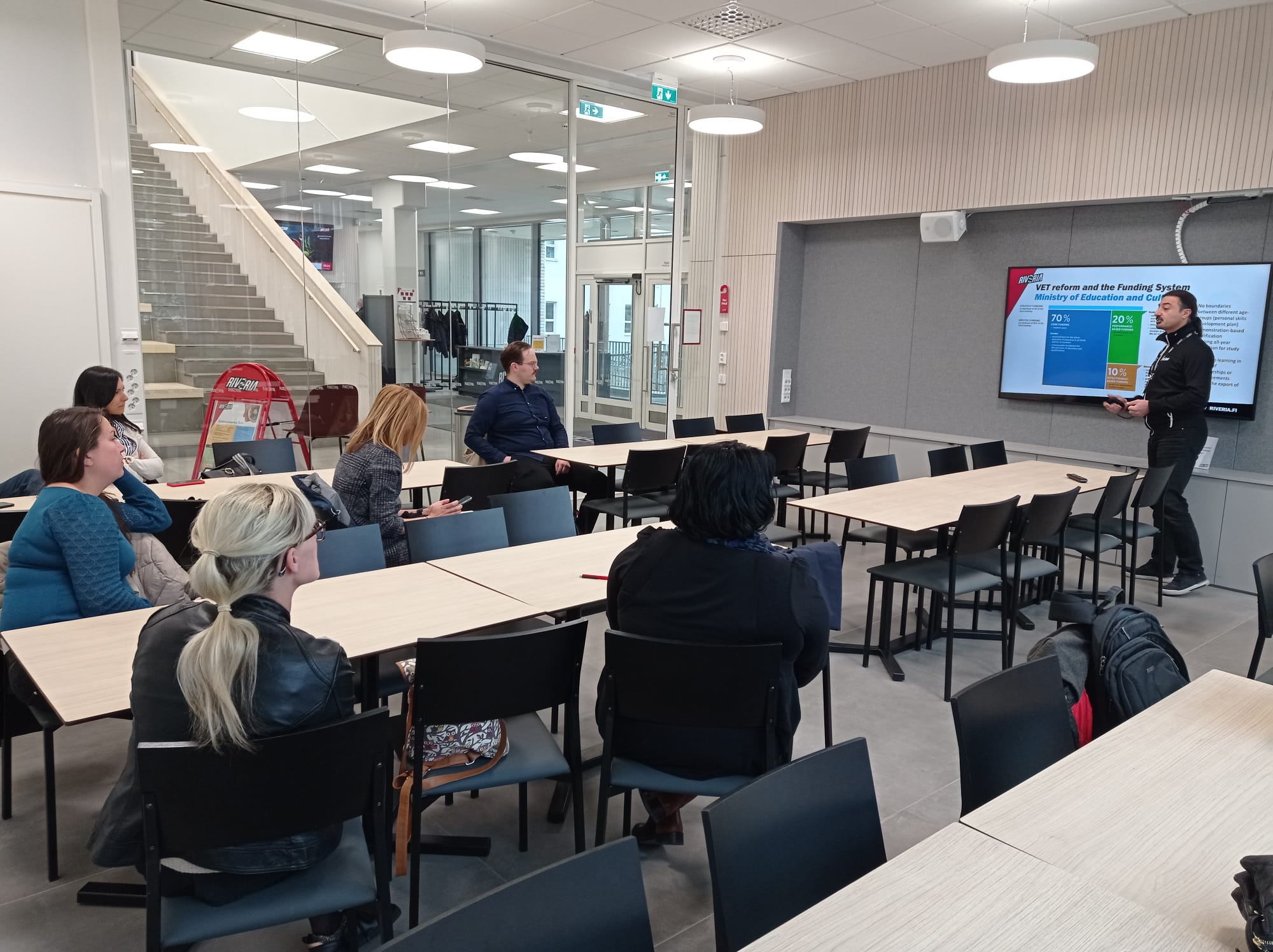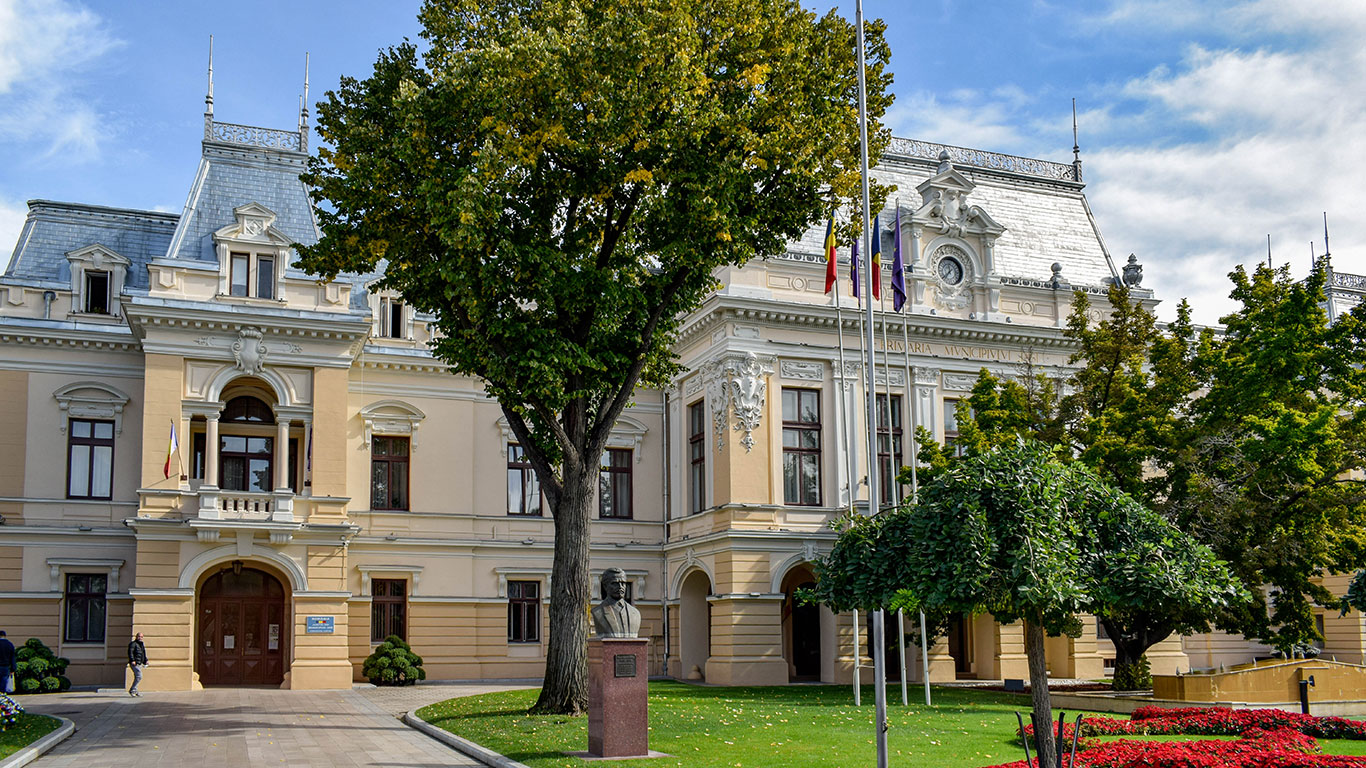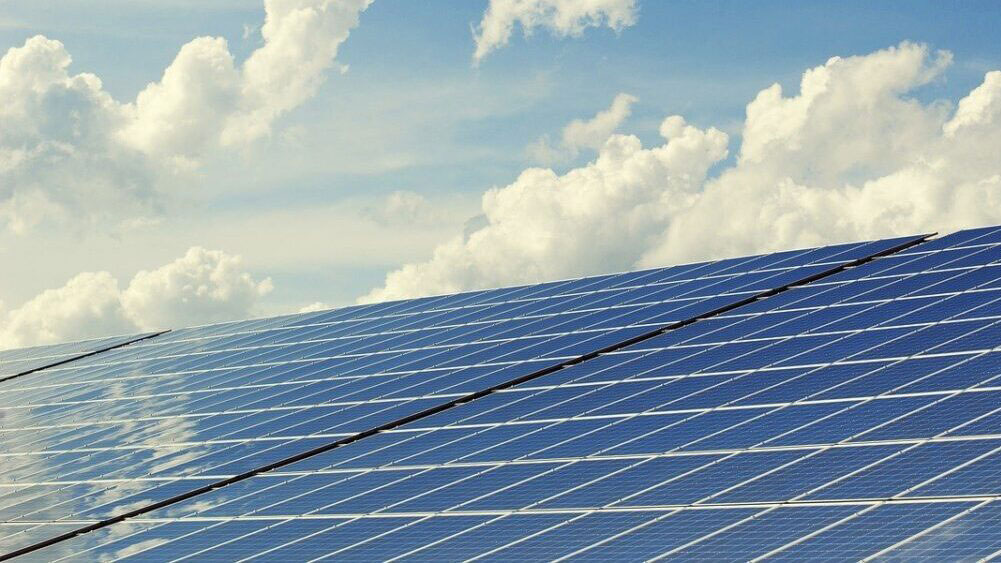CLEAN project partners celebrated the 1st Interregional Seminar focused on facilitating the exchange of experience and knowledge transfer on measures addressing the energy efficiency in the context of Covid-19 on January 25.
This week we will focus on CLEAN project partner Regional Council of North Karelia (Finland). Aura Liski Project Coordinator from Regional Council of North Karelia shared that they found difficult to analyse Covid-19 impact on energy usage of public buildings. But she said that “remote work will become a lasting trend” and due to the shift to remote working energy use of residential buildings has increased in North Karelia.
Finnish local authorities approved the Regional strategy to survive and recover from the Covid-19 crisis in 2020. Aura Liski shared that "investments in construction and renovation of public buildings are means for new growth after crisis". During 2021, Regional Government of North Karelia approved the Climate and Energy programme 2030. This new programme includes very ambitious emission reduction target to reduce GHG emissions by 80% to the levels of 2007 by the year 2030.
Since 2020, North Karelia is part of the HINKU network and has HINKU region status, which means it has set a target to reduce greenhouse gas emissions by 80 per cent from the 2007 level by 2030. The HINKU network is coordinated by the Finnish Environment Institute. Becoming a HINKU region was part of North Karelia Action Plan - Towards Carbon Neutral North Karelia with Renewables and Energy Efficiency.
During the pandemic, the following Good Practices were identified in North Karelia, that were applied to face the negative effects of the Covid-19:
- Phasing out oil heating
- Co-working-hubs
- Home office tax deduction
CLEAN project partners continue working to face the new challenges that Covid-19 brought in the field of energy efficiency to the partner regions.
Stay tuned for further updates!
